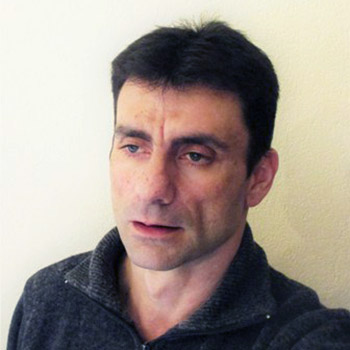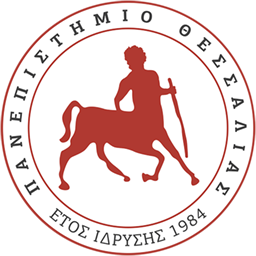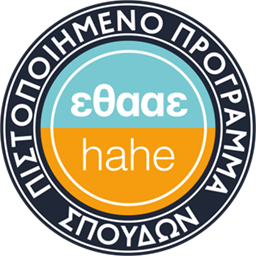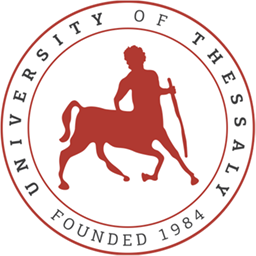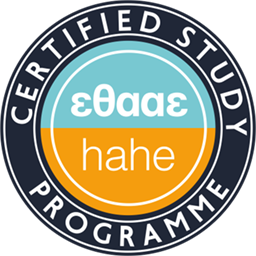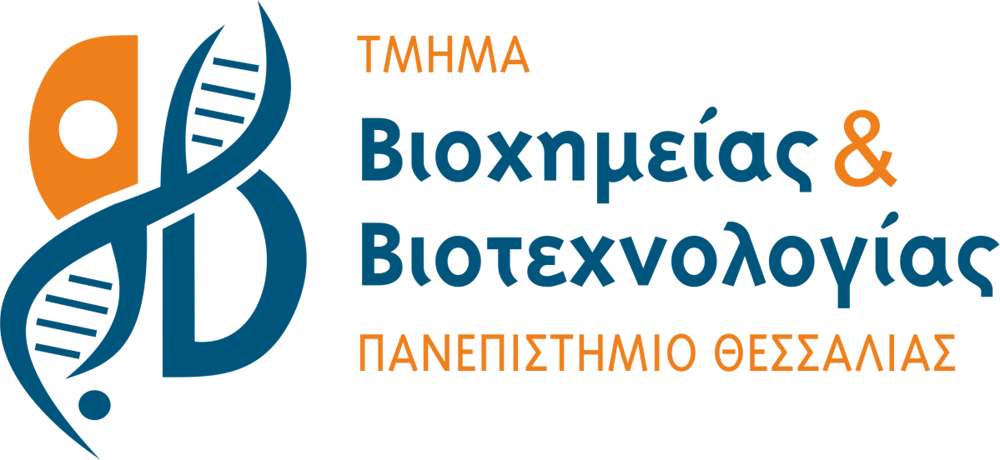Organic Chemistry
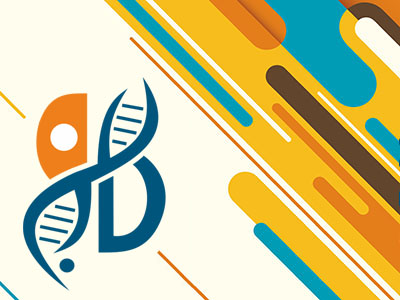
Theory: 3 hours/week | Tutorials: 2 hours/week |Practicals: 2 hours/week | ECTS Units: 6
Content – Aim of the course
Organic Chemistry is the science that touches everybody’s life. It is based in the unique ability of the carbon atoms, forming bonds with other atoms, creating a variety of compounds. Colors, plastic, proteins, DNA and pharmaceutical substances are organic compounds.
The goal of this lesson is to understand the properties and behavior of organic compounds through their structure and activity as well as the examination of the different classes of organic molecules.
The students will be able to recognize the structure of various molecules and the basic reactions of the Organic Chemistry. They will understand the basic principles and rules of Stereochemistry and they will also be able to apply the basic phasmatoscopic techniques for structure identification. At the end they will be able to propose and design the most efficient sequence of chemical reactions, in order to synthesize simple organic molecules.
The course is accompanied by laboratory exercises for the better approach and understanding of the essence of Chemistry. The laboratory exercises are carried out in the Department of Chemistry and in groups of 2-3 people.
Analytical Description of the Course
Structure and bonds. Bonds and molecular properties. Alkanes and cycloalkanes, Stereochemistry. Overview of the organic reactions. Alkenes: structure, activity, reactions, synthesis. Alkynes, Stereochemistry, Chirality, Enantiomers, Alkyl halides, Nucleophilic reactions, Mass, IR and NMR spectra, Benzene and aromaticity, Electophilic reactions.Alcohols and thiols. Ethers, epoxides and sulfides. Aldehydes and ketones: nucleophilic addition reactions.
Laboratory Exercises
- Safety rules.
- Laboratory techniques (stirring, heating, cooling, filtration, drying, identification and purity control).
- Purification Methods: Extraction, distillation, recrystallization, chromatography.
- Detection of carbonyl group.
- Synthesis of alkenes.
Evaluation
The evaluation of students are trough exams at the end of semester.
Reading Suggestions
- Organic Chemistry, L.G. Wade, JR., Publications Tziola, 7thEdition.
- Organic Chemistry, John Mc Murry, University of Crete.
- Spectroscopy of Organic Compounds. Athanasios Valavanidis, Chemistry Department, University of Athens, Athens , 2006.
Related scientific journals:
- Journal of Organic Chemistry
- European Journal of Medicinal Chemistry
- Bioorganic & Medicinal Chemistry
- Carbohydrate Research
Teaching Material / E-class
Lecturers

Dimitrios Komiotis (Course Coordinator)
